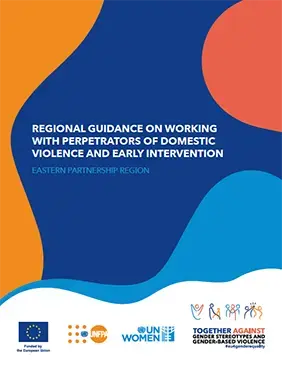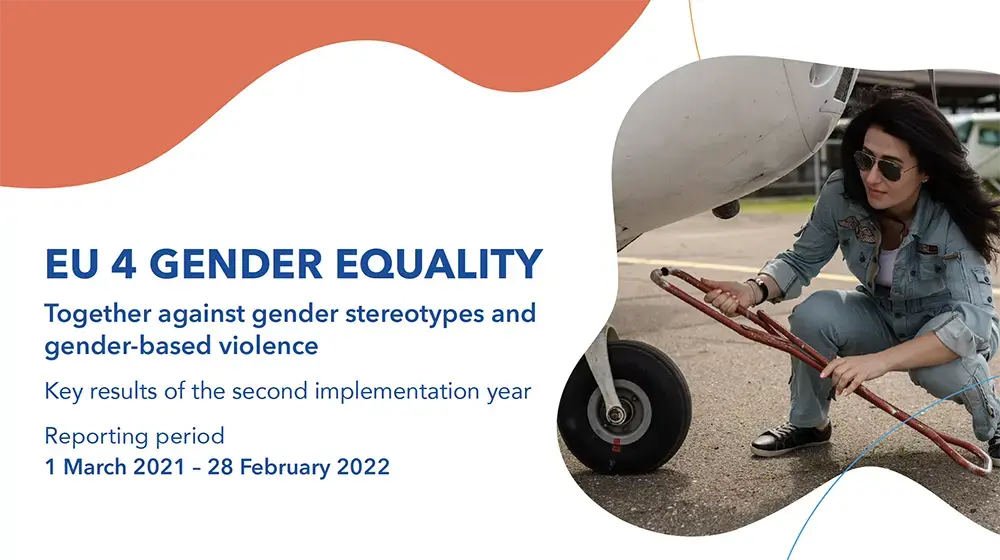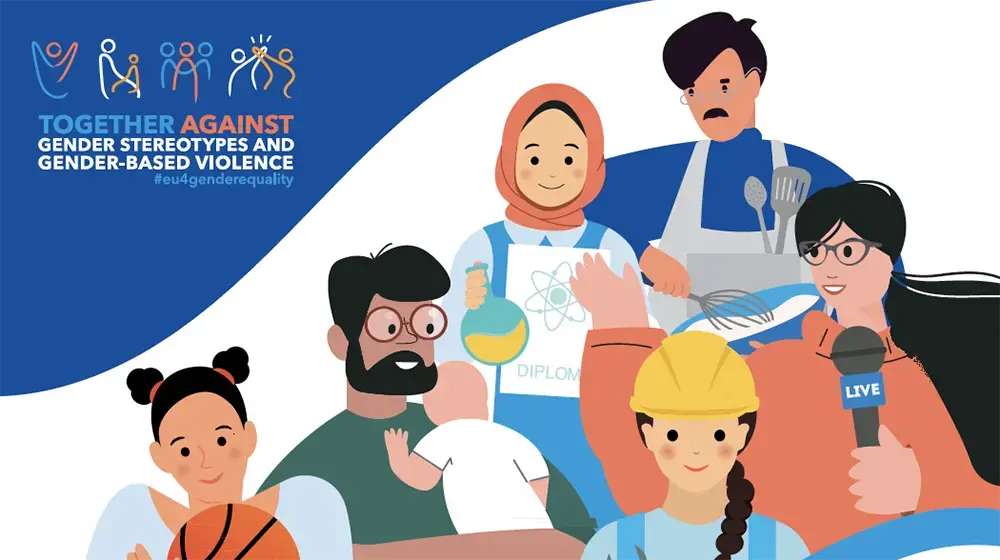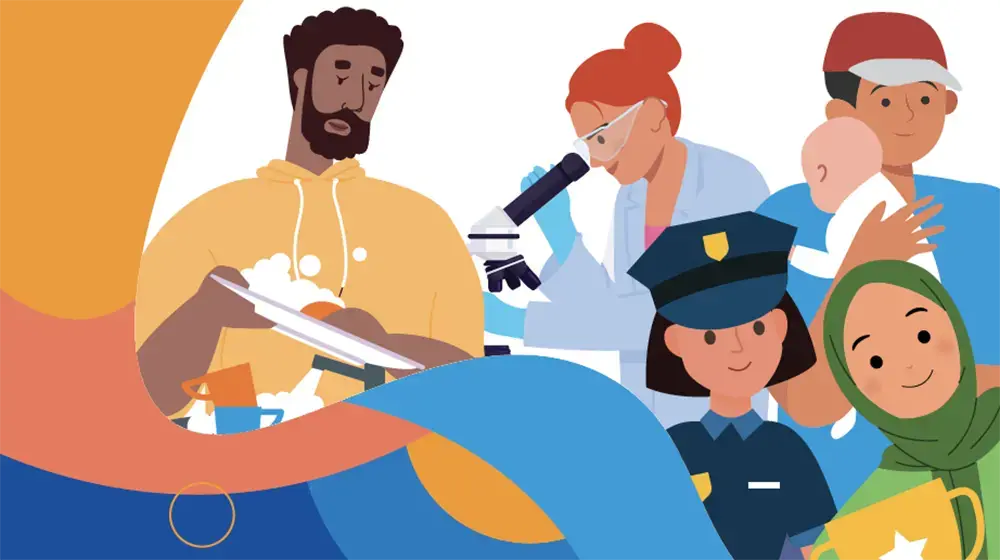Gender-based violence is one of the most widespread violations in the Eastern Partnership region, and around the globe. To stop and prevent violence, a comprehensive and coordinated community response is needed.
"Regional guidance on working with perpetrators of domestic violence" provides a research-based analysis of perpetrator programmes and recommendations for the development of perpetrator programmes, focused on ensuring the safety of survivors, through working with perpetrators of violence and holding them accountable for their violent acts, and for making a change.
The guidance focuses on six countries in the Eastern Partnership region, Armenia, Azerbaijan, Belarus, Georgia, Moldova, and Ukraine. As the first analysis of this kind, the document outlines recommendations for further development of survivor safety-oriented perpetrator programmes, to end violence against women in the region
"Regional guidance on working with perpetrators of domestic violence" is developed in the framework of the “EU 4 Gender Equality: Together against gender stereotypes and gender-based violence" programme, funded by the European Union, implemented jointly by UN Women and UNFPA. This publication was produced with the financial support of the European Union. Its contents are the sole responsibility of UN Women and UNFPA and do not necessarily reflect the views of the European Union.





